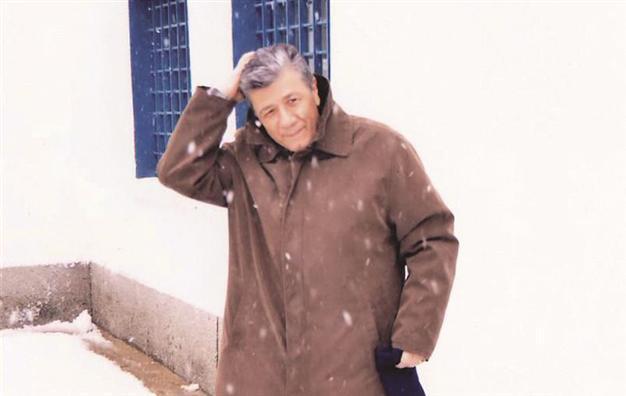Parliament to decide on lawmakers’ arrest
ANKARA - Hürriyet Daily News

The main opposition CHP deputy Mustafa Balbay is serving his sentence.
Three parties in Parliament’s Constitution Conciliation Commission have agreed to strengthen the political immunity of lawmakers in the new charter, subjecting the arrest of lawmakers to a secret parliamentary vote.The ruling Justice and Development Party (AKP), the main opposition Republican People’s Party (CHP) and the Peace and Democracy Party (BDP) agreed to the article during a meeting on Sept. 9, while the Nationalist Movement Party (MHP) abstained.
The MHP argued that terror-related charges against a lawmaker should lead to the immediate revoking of his or her immunity.
The commission had earlier agreed on an article stating that lawmakers could not be put on trial under arrest and the deputies whose political immunities were revoked could not be arrested until the verdict was final. AKP deputy Ahmet İyimaya opposed the article, asking “will a deputy be put on trial without arrest even if he or she poisons the water supply of a city and kills thousands?” Upon this argument, the AKP, CHP and BDP agreed that Parliament should allow some mechanism for the arrest of lawmakers.
‘Parliament’s consent with a secret vote’
According to the article agreed on, a lawmaker accused of committing a crime before or after the elections will not be taken into custody, interrogated or arrested unless Parliament consents to with a secret vote. The parties failed to agree whether an absolute majority or a two-third majority should be needed for such a decision.
The MHP and the CHP argued that the trial of a lawmaker should be held by the Supreme Court of Appeals; however, the idea was rejected by the other parties.
The application for the revoking of a lawmaker’s immunity will be decided on in 90 days, or it will be dismissed. The statute of limitations will not be applied as long as the accused keeps his or her post in Parliament.
















